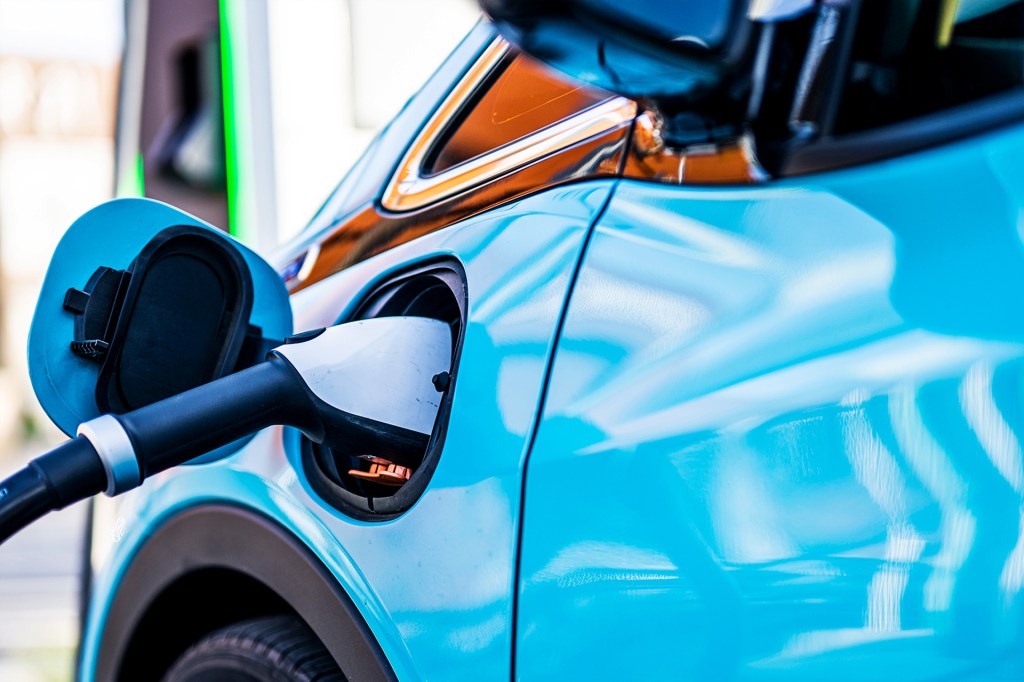News Blast: Your Daily Update
Stay informed with the latest news and trends.
Watt's the Deal with Electric Cars?
Uncover the truth about electric cars! Discover their benefits, myths, and what the future holds in our electrifying blog post!
Understanding the Benefits of Electric Cars: Are They Worth the Hype?
As the world increasingly shifts towards sustainable energy solutions, the buzz around electric cars continues to grow. Electric vehicles (EVs) boast numerous benefits that are hard to ignore. First and foremost, EVs contribute significantly to reducing greenhouse gas emissions, a crucial factor in combating climate change. Unlike traditional gasoline vehicles, electric cars produce zero tailpipe emissions, helping to improve air quality and decrease urban pollution. According to studies, widespread adoption of electric cars could lead to a substantial reduction in the overall carbon footprint.
Aside from environmental advantages, electric cars offer a range of economic benefits that can be appealing to potential buyers. Lower operating costs are one of the key reasons why many consider switching to an electric vehicle. Charging an EV is generally cheaper than fueling a conventional car, and with fewer moving parts, maintenance costs tend to be lower as well. Additionally, many governments offer incentives such as tax credits and rebates for electric car purchases, further reducing the financial burden. With the advancements in charging infrastructure and battery technology, the question remains: are electric cars truly worth the hype?

Electric Car Myths Debunked: What You Really Need to Know
There are numerous myths surrounding electric cars that can deter potential buyers from making the switch. One common misconception is that electric vehicles (EVs) are limited to short distances and can't be used for long trips. In reality, advancements in battery technology have significantly increased the range of many EV models, with some capable of traveling over 400 miles on a single charge. Additionally, the growing network of fast-charging stations allows drivers to recharge their vehicles quickly, making long-distance travel more feasible than ever before.
Another prevalent myth is that electric cars are too expensive and not worth the investment. While it's true that some EVs have a higher upfront cost compared to traditional gasoline vehicles, potential savings on fuel and maintenance can quickly tip the balance in favor of electric vehicles. According to studies, electric car owners can save thousands of dollars on gas and enjoy lower maintenance costs due to fewer moving parts in electric motors. Furthermore, many governments offer incentives such as tax credits or rebates, making the transition to an electric car even more financially viable.
The Future of Electric Vehicles: How They Are Changing the Road Ahead
The future of electric vehicles (EVs) is not just a trend; it's a seismic shift in the automotive industry that promises to reshape our roads and urban landscapes. As more consumers prioritize sustainability and technology, the demand for EVs is skyrocketing. With advancements in battery technology, charging infrastructure, and government policies promoting green energy, electric vehicles are becoming more accessible than ever. According to studies, the global EV market is expected to grow significantly, making it imperative for manufacturers to innovate and adapt. As cities around the world implement cleaner transportation initiatives, we can expect a surge in electric vehicle adoption, further driving down emissions and creating a healthier environment.
Moreover, the integration of smart technologies in electric vehicles is paving the way for a safer and more efficient driving experience. Features such as autonomous driving, real-time traffic updates, and enhanced navigation systems are becoming commonplace. This innovation not only maximizes the utility of electric vehicles but also addresses concerns related to range anxiety and charging times. With the advent of interconnected systems, drivers can now enjoy seamless control and monitoring of their EVs, promising an exhilarating journey ahead. As technology continues to evolve, we anticipate that electric vehicles will play a crucial role in defining the transportation ecosystem of the future.